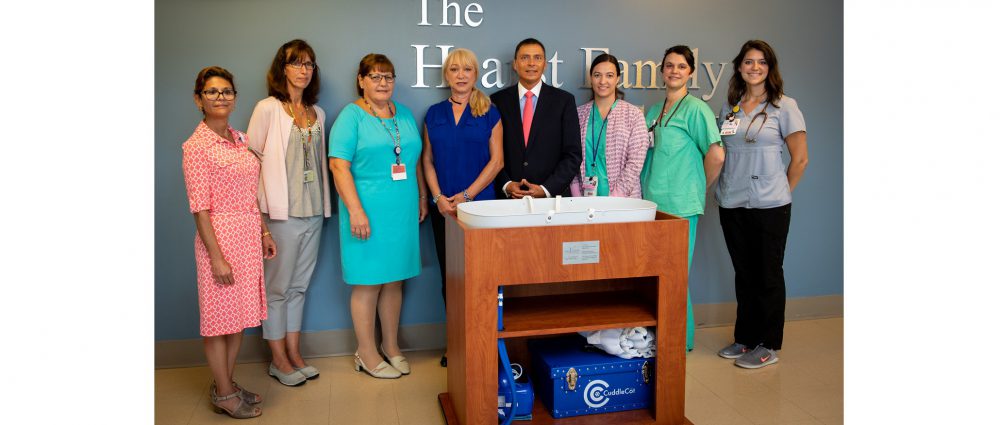
[This piece was written by Andrea L. Wood, RN, BSN, RNC-OB, C-EFM, clinical lead for perinatal safety, Labor & Delivery at St. Peter’s Hospital.]
It is the first assessment that nearly every newborn receives in labor and delivery rooms across the United States and worldwide. The Apgar Score, the eponymous appraisal tool first devised by Dr. Virginia Apgar, was developed as a means to quickly and easily assess the health of newborns immediately after birth.
Until the early 1950s, no standard protocol existed for physicians to assess the health of newborns in the critical first minutes of life. Oftentimes, conditions that might have been corrected proved fatal because of delays in diagnosis.
In 1952, pediatrician and anesthesiologist Dr. Apgar, a physician at the Columbia-Presbyterian Medical Center in New York City, developed a scoring system that allowed for the quick evaluation of a newborn’s health and well-being and helped physicians determine whether extra medical care was needed.
The assessment is administered by a physician or nurse one minute after birth and again five minutes after birth. A rating of zero, one, or two is given in each of these five categories:
- Appearance (color)
- Pulse (heart rate)
- Grimace (response to stimulation)
- Activity (muscle tone)
- Respiration (breathing)
A score of 7 to 10 is considered normal and means that a newborn is in good condition and likely doesn’t need more than routine post-delivery care. A score less than 7 means the infant needs some assistance. This could mean something as simple as suctioning the infant’s nostrils or it could mean providing oxygen.
A baby with a score of 3 or less may need immediate lifesaving measures, such as resuscitation. Babies with a low five-minute Apgar Score are more likely to need additional intervention and special care, and perhaps will spend time in the NICU.
It is important to note that the purpose of the Apgar assessment is to determine quickly whether a newborn needs immediate medical care. It was not designed to make long-term predictions on a child’s health.
Earlier this year, St. Peter’s received the 2018 Women’s Choice Award as one of America’s Best Hospitals for obstetrics for the fourth consecutive year. This follows last year’s recognition as an international “Baby-Friendly” hospital, with St. Peter’s being the first in the Capital Region to earn the designation.
For information on delivering a baby at St. Peter’s Hospital, as well as information on parenting classes, infant care, breastfeeding, or placental donation, please call 518-525-1388 or visit http://www.sphcs.org/WomensHealth.





